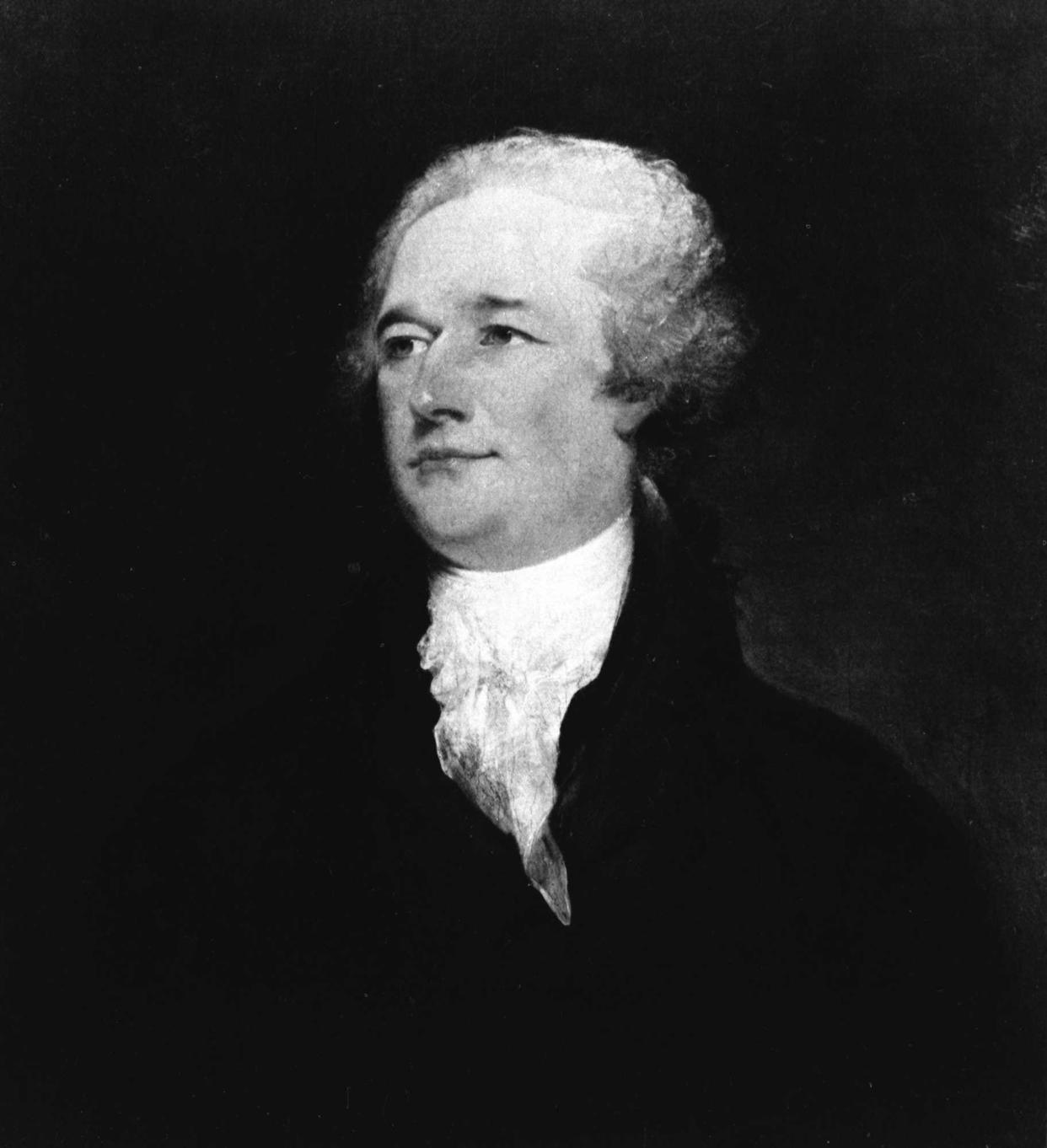Civics Project: Has American politics gone down the toilet or was it always dirty?

- Oops!Something went wrong.Please try again later.
- Oops!Something went wrong.Please try again later.
- Oops!Something went wrong.Please try again later.
Q. Has American Politics Gotten Worse?
A. In the Federalist Papers, Alexander Hamilton warned about the dangers of from political conflict that could release a “torrent of angry and malignant passions.” He noted that people will be tempted by parties trying to persuade through the “loudness of their declamations and the bitterness of their invectives.” He stated that dangerous ambition is often hidden behind the mask of advocating for the “rights of the people.” Wrote Hamilton, “[t]he greatest number have begun their career by paying an obsequious court to the people, commencing demagogues and ending tyrants.”
The question of whether our politics is harsher than it has been in the past is harder to answer than you might think. Part of the problem is how you define harsh or mean in the political context. One person’s meanness is another’s honest statement of differences. Even if we can agree on a basic definition, the truth is that there have been more and less contentious periods in our history, making a quick answer somewhat difficult.
More: Letters: Cult politics is a real danger
U.S. history is filled with moments of harsh or even violent politics. Some of our earliest political campaigns were tough. The 1828 campaign between Andrew Jackson and John Quincy Adams is often considered one of the nastiest in history. Among the accusations thrown out were claims that Jackson might have murdered some of his own militia men. Adams was accused of employing prostitutes to gain favor in Russia. Jackson’s relationship with his wife was called adultery since she was previously married. There was far more thrown out there but I only have so much space.
We have had moments of stark political violence as well. In 1856, Charles Sumner of Massachusetts was beaten by a cane at the hands of Preston Brooks of South Carolina on the floor of the United States Senate. We have had political brawls and violence directed at politicians. In 2011, Representative Gabby Giffords was shot in suburban Arizona during her "Congress on Your Corner" event. In 2017, there was a shooting at a Congressional softball practice where a man opened fire wounding then House GOP Whip Steve Scalise of Louisiana and four others.
Considering the storming of the Capitol Building on Jan 6, 2021, it can seem that we are at a high point. The data suggests that our politics moves through periods of high contention, to eras of more moderate political disagreements. Contention is highest when there are large ideological differences between the parties, and that certainly appears true these days.
According to Alexander Hamilton, the solution is rooted in our support for our constitutional government, which he deemed essential for the security of liberty. He cautioned the people to guard against appeals based on loudness or malignant passions and to instead look to evidence and truth. That still seems like good advice today. Though in fairness, Hamilton was not above a harsh political attack or two. Politics can bring out the worst in all of us, even when we should know better.

Kevin Wagner is a noted constitutional scholar and political science professor at Florida Atlantic University. The answers provided do not necessarily represent the views of the university. If you have a question about how American government and politics work, email him at kwagne15@fau.edu or reach him on Twitter @kevinwagnerphd
This article originally appeared on Palm Beach Post: American politics has often been rough-and-tumble and unkind

